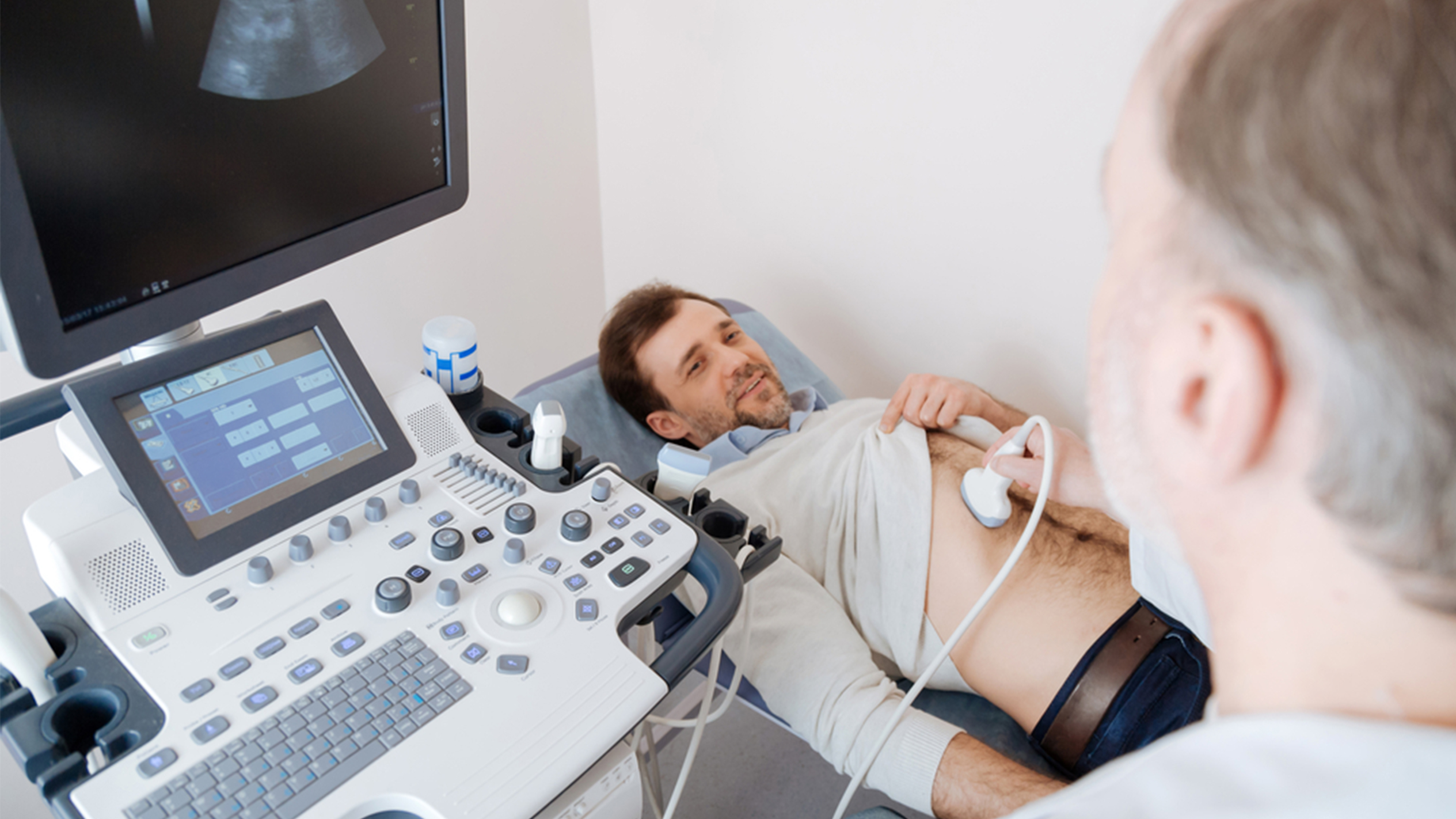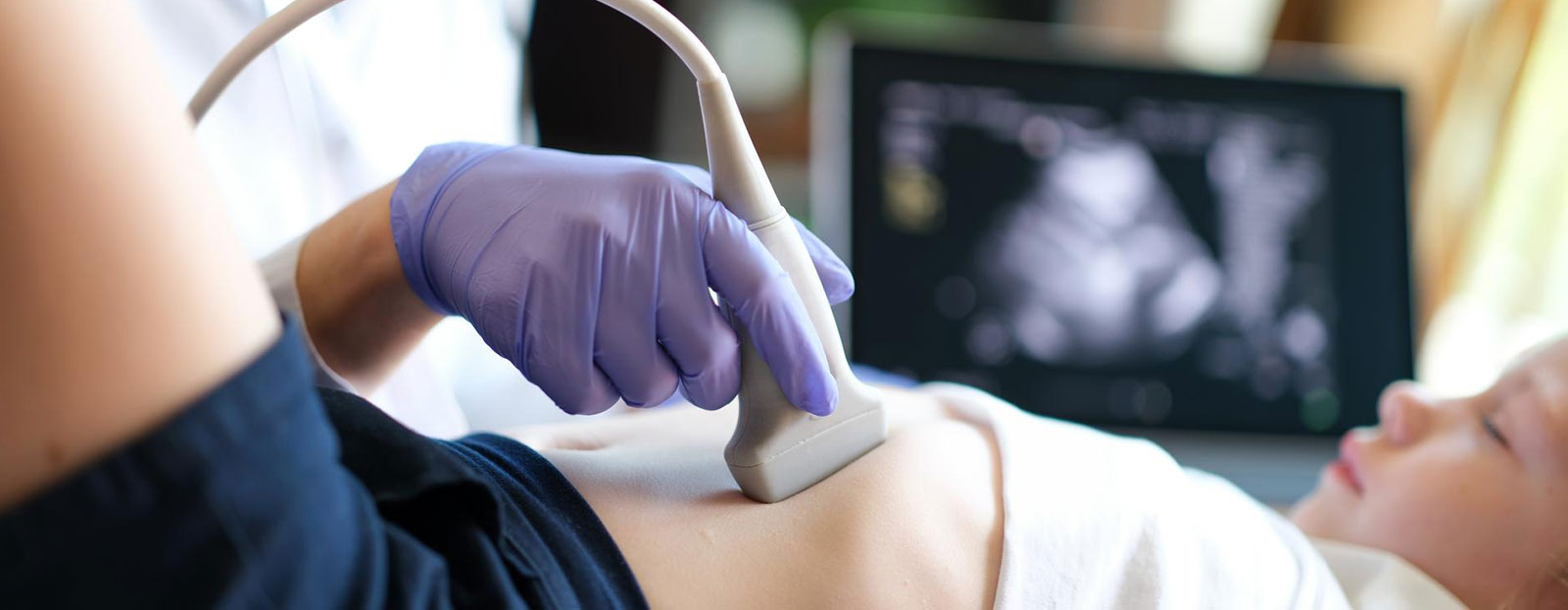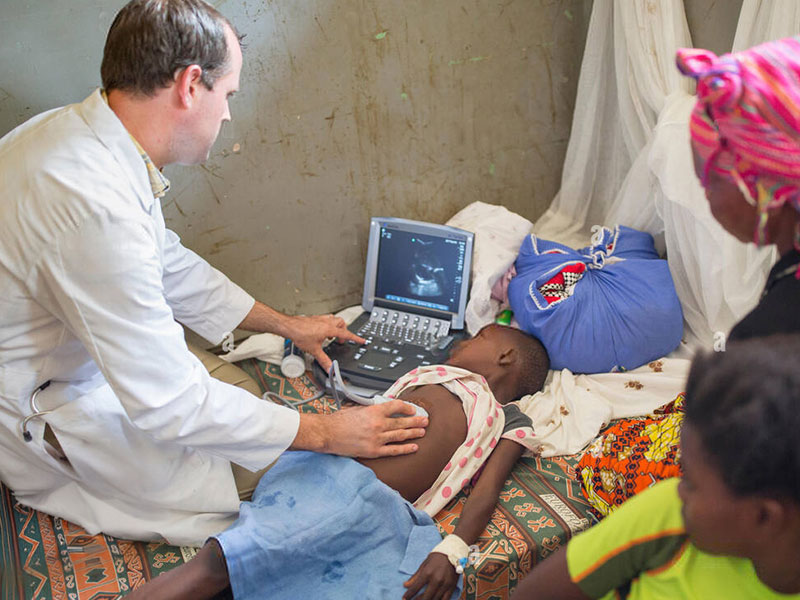Ultrasound For All Using AI
iMerit infused this medical device manufacturer’s mobile ultrasound technology with artificial intelligence so anyone could use it.
Challenge
When doctors use ultrasound tools to diagnose patients, their specialized training allows them to interpret the images. But if AI could be trained to interpret ultrasounds, could ultrasound become available to everyone? That was exactly what this top three medical device manufacturer wanted to accomplish. Using 23,000 videos of cardiac ultrasound footage, this company planned to train an algorithm for their point-of-care ultrasound devices to automatically interpret cardiac ultrasound imagery.

Previously, their in-house annotation team would annotate these studies, but due to the volume of data and expertise needed to make this technology effective, the in-house team was unable to scale with the task. As crowdsourced data labeling wouldn’t work due to the lack of medical expertise among annotators, this company began evaluating data solutions providers.
“We sampled the annotations and they were excellent. There wasn’t a single mistake. ”
- Algorithms Group Manager, Top 3 Medical Device Manufacturer
Solution
After evaluating vendors, iMerit was chosen due to its subject matter expertise, large-scale annotation workforce, dedicated medical division, HIPAA compliance, and tool-agnostic labeling approach. After meeting with iMerit, the company began sharing cardiac ultrasound footage with iMerit’s clinical experts to develop a cost-effective scalable data operation. A strategy was developed based on the American Society of Echocardiography quantification guidelines.
Using keypoint and polyline annotation, iMerit’s data specialists and medical experts performed large scale echocardiography analysis, measurement, and segmentation from multiple views. Continuous quality checks ensured the data was annotated to exact clinical standards. Within a single month, iMerit turned around fully-annotated videos to begin training the algorithm.

“iMerit was instrumental in getting our products to market faster than the competition. ”
- Head of AI, Top 3 Medical Device Manufacturer
Result
After iMerit delivered all annotations, the company tested the quality of iMerit’s annotations by gathering a group of specialists who annotated and generated a comparable dataset. Once completed, this dataset was tested against the iMerit dataset.
Not only was iMerit’s annotation conducted significantly faster than the specialist annotation, but the quality was equivalent and even exceeded that of the medical experts-alone dataset in certain areas. By their standards, the quality of iMerit’s annotation reached 98% diagnosis accuracy as compared to a doctor. Models generated from iMerit data were also evaluated against this company’s competitor and were found to perform significantly better.

Once the model was complete, it was implemented into point-of-care ultrasound devices. These devices are being used in COVID-19 wards for patients too sick to move and by doctors and healthcare practitioners visiting remote villages that are too far from hospitals, effectively giving them access to healthcare that would otherwise be out of reach. As a direct result of this project, the demand for these point-of-care ultrasound devices are projected to increase fivefold.
